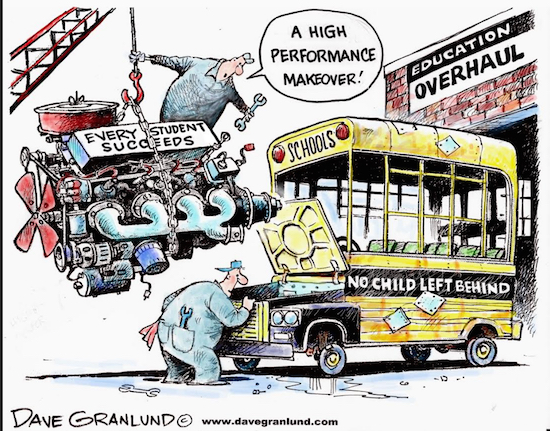OPINION: Schools should support the whole child

Providing high-quality academics and meeting the social-emotional needs of children go hand in hand. You simply can’t have one without the other. During every step of my career — from teacher to principal to superintendent — I’ve prioritized instruction and emotional supports. And, as chancellor, I’ve doubled down on this imperative for all our schools. New York City has made critical investments to deliver a comprehensive framework that increases opportunities and access to health and wellness that put students on the path to success.
We’ve put this vision into action by building a network of 227 Community Schools — an innovative strategy that transforms traditional schools into neighborhood hubs that provide services like vision screenings, mental health supports, after-school and summer programing, family activities, counseling and more. Community Schools also work directly with families to address chronic absenteeism and make sure kids are in the classroom where they can learn. Our Community Schools model is unique in that these critical services are not an “add on” to the school day; Community Based Organizations are integrated into the fabric of each school to deliver for students and families.
A recent study by the Learning Policy Institute shows that Community Schools can be an important part of improving academic achievement at high poverty schools, and we’re seeing results — test scores at Community Schools that have participated in the initiative for several years are up 11 percent for English language arts and 5 percent for math and chronic absenteeism is down by 6 percent.

Brooklyn Boro
View MoreNew York City’s most populous borough, Brooklyn, is home to nearly 2.6 million residents. If Brooklyn were an independent city it would be the fourth largest city in the United States. While Brooklyn has become the epitome of ‘cool and hip’ in recent years, for those that were born here, raised families here and improved communities over the years, Brooklyn has never been ‘uncool’.